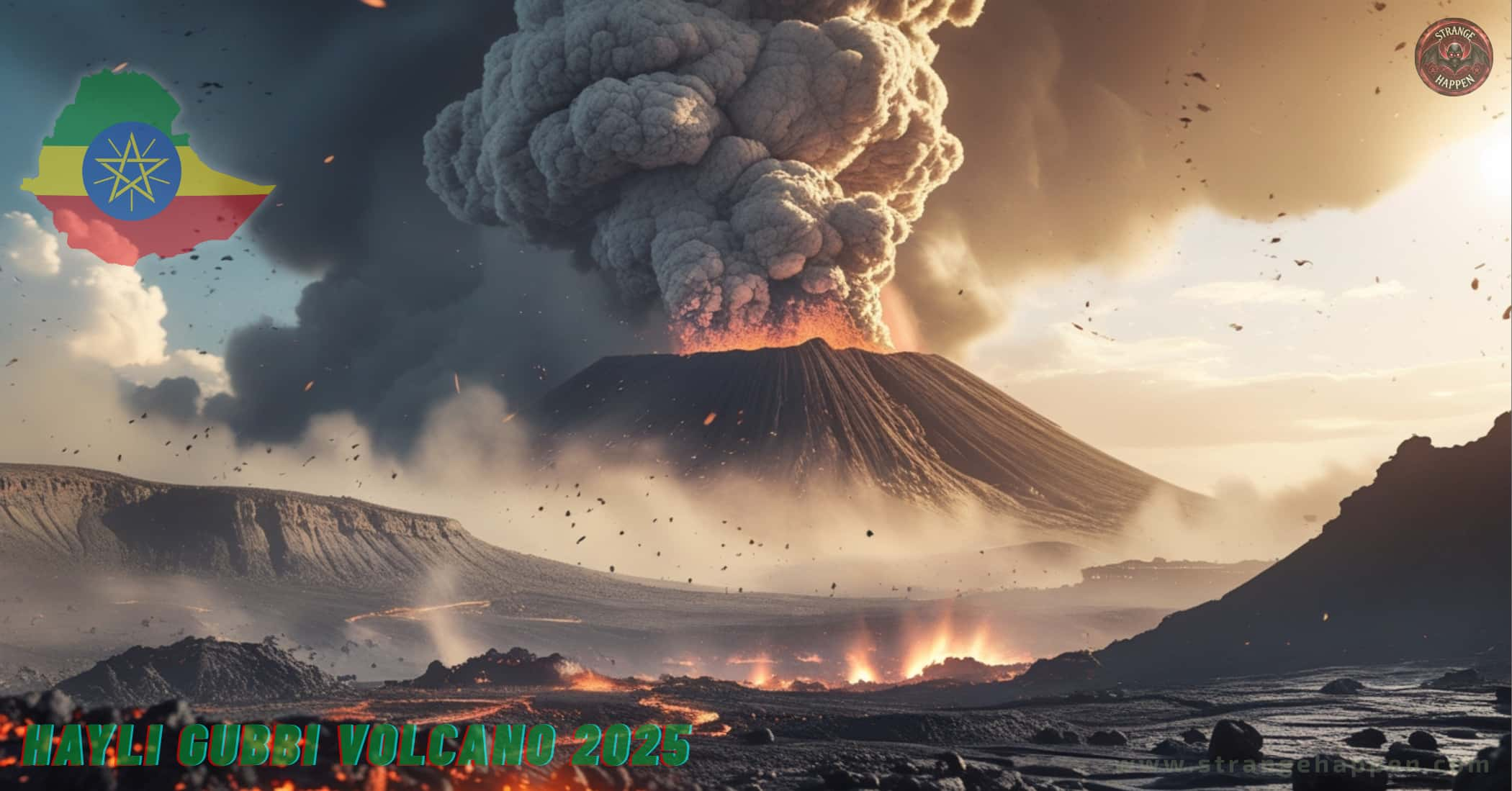The Amazon Rainforest: Earth’s Silent Crisis

The Amazon Rainforest isn’t just the world’s largest tropical rainforest—it’s a living, breathing system that keeps our planet alive. Yet, behind its majestic beauty, this ecosystem is facing an alarming threat. Every day brings new strange happenings that challenge the forest’s survival. From rapid deforestation to disappearing species, the Amazon is quietly signaling a crisis that impacts all of us.
Table of Contents
🗺️ Location and Geography of the Amazon

Spanning the northern half of South America, the Amazon Rainforest stretches into nine different countries, forming the world’s most expansive jungle ecosystem.
- Brazil (covers about 60% of the forest)
- Peru
- Colombia
- Venezuela
- Ecuador
- Bolivia
- Guyana
- Suriname
- French Guiana (territory of France)
This vast expanse makes up the Amazon Basin, nourished by the mighty Amazon River—Earth’s second-longest waterway.
📏 Size and Scale: Nature on a Grand Scale
- Area: 5.5 million square kilometers (2.1 million square miles)
- Length: Approximately 6,700 km
- Width: Around 5,300 km
- Amazon River: Carries more water than the next seven largest rivers combined
With such massive dimensions, it’s no surprise that strange happenings often go unnoticed in its most remote corners.
🌧️ Climate: The Constant Hum of Life
The Amazon rainforest has a tropical climate, marked by warm temperatures and abundant rainfall throughout the year.
- High humidity (80–100%)
- Year-round temperatures between 26 and 30°C (79–86°F)
- Annual rainfall between 80 and 120 inches
This constant moisture creates an ideal breeding ground for insects, microbes, and vegetation—fueling biodiversity that can’t be found anywhere else.
🌳 Biodiversity: A Kingdom of Living Things

The Amazon houses:
- 40,000 plant species
- 2.5 million insect species
- 2,200 fish species
- 1,300 bird species
- 430 mammals
- Over 400 amphibians and reptiles
Some of the most unusual and bizarre creatures live here, including
🐾 Unique Animals
- Jaguar—the apex predator of the forest
- Pink River Dolphin—a rare freshwater species
- Capybara—the world’s largest rodent
- Sloths—slow-moving tree dwellers with algae growing on their fur
🐜 Insects and More
- Bullet Ant—notorious for its 24-hour agonizing sting.
- Leafcutter Ants – form supercolonies and farm fungus
- Glass Frogs—transparent bellies revealing their organs
These species are not just fascinating—they represent evolutionary adaptations that scientists are still trying to understand. These strange happenings in evolution make the Amazon a living laboratory.
🌎 Environmental Benefits of the Amazon Rainforest
The Amazon isn’t just a rainforest; it’s a planetary system that supports life far beyond South America.
1. Oxygen Production
- Generates around 20% of the world’s oxygen
- Often called the “lungs of the Earth”
2. Carbon Storage
- Holds more than 100 billion metric tons of carbon
- Helps fight global warming
3. Climate Regulation
- Controls rainfall across the Americas
- Influences weather as far as North America and Africa
4. Biodiversity Bank
- Home to countless undiscovered species
- Source of 25% of modern medicines
The Amazon’s benefits are numerous, but its vulnerability makes these strange happenings all the more dangerous to ignore.
🧪 Medicinal and Scientific Importance
Plants like Cinchona (quinine for malaria), Curare (muscle relaxant), and Lapacho (used in anti-cancer drugs) originated here.
Scientists estimate:
- Only about 1% of Amazon plants have been scientifically explored.
- Thousands more could hold cures for diseases
What secrets lie hidden in its green depths? Every strange happening we document could be a lead toward a medical breakthrough—or a missed opportunity.
⛏️ Threats to the Amazon Rainforest: A Forest Under Fire
The Amazon faces immense pressure from human activity:
🚨 Deforestation
- Logging for timber and agriculture
- Cattle ranching and soy farming
- Illegal settlements and roads
🔥 Wildfires
- Often man-made
- Release tons of carbon into the atmosphere
🐾 Biodiversity Loss
- Species are going extinct before they are discovered
- Fragile ecosystems collapse quickly when disturbed
👣 Indigenous Displacement
- Land grabbing threatens native communities
- Cultural erosion and health crises follow
These are not random events. These are strange happenings with devastating global consequences.
🛡️ Indigenous Tribes: Guardians of the Forest
More than 400 tribes inhabit the Amazon, some still untouched by the outside world. They hold:
- Generations of ecological knowledge
- Sustainable living practices
- Spiritual connections with the land
When these communities vanish, we lose more than lives—we lose ancient wisdom. Their survival is part of the Amazon’s survival.
💰 Economic and Global Impact
The Amazon provides global resources:
- Timber, nuts, fruits, and medicinal plants
- Freshwater reserves
- Sustainable eco-tourism opportunities
But unsustainable exploitation leads to long-term economic collapse. A healthy Amazon supports:
- Agriculture around the world
- Livelihoods for millions
Ignoring the strange happenings here puts even urban economies at risk.
📉 Consequences of Losing the Amazon Rainforest
If deforestation continues:
- Massive biodiversity loss
- Accelerated climate change
- Global rainfall disruption
- Uninhabitable heat waves in multiple regions
- Soil infertility across South America
Can we afford such a cost? Every tree lost is a warning. Every strange occurrence is a signal.
🌱 Conservation Efforts: A Race Against Time
Efforts to save the Amazon include:
- Protected zones and national parks
- Indigenous land rights recognition
- Global reforestation programs
- Wildlife monitoring technology (drones, AI)
Organizations like the Rainforest Alliance and Amazon Watch are at the frontline. But they need support.
💡 How You Can Help
You don’t need to live near the Amazon to make a difference:
- Avoid products linked to deforestation (beef, palm oil, soy)
- Support rainforest-friendly brands.
- Donate to conservation groups.
- Share awareness content, including blogs like Strange Happenings.
- Reduce meat consumption.
- Start a green initiative or simply plant a tree to make a difference.
🚣 Amazon River: Lifeline of the Jungle
- Over 6,400 km long
- Discharges more water than any other river
- Habitat for rare creatures such as the Amazonian manatee and arapaima.
The river is not just water—it’s a moving highway for life. It’s where many strange happenings begin and end.
🔬 Scientific Discoveries: Nature’s Open Lab
Recent discoveries include:
- New monkey species
- Rare fungi with antibiotic properties
- Frogs that survive freezing
Many species have never been seen before—some may disappear before science ever finds them.
🧍♂️ Final Reflection: What If the Forest Falls Silent?
Can you imagine Earth without the Amazon? Without the jaguar’s roar, the quiet flutter of elusive butterflies, or the nighttime chorus of tree frogs?
This isn’t a distant story. This is happening now—these strange happenings are warning us in real time.
Are we listening?
It’s not too late to act—but it soon could be.
✅ Summary Checklist: Why the Amazon Rainforest Matters
- Produces oxygen
- Stores carbon
- Regulates climate
- Houses biodiversity
- Offers medicine and culture
Preserving the Amazon is not charity—it’s self-preservation.
🔚 Conclusion: A Final Word from Strange Happenings
At Strange Happenings, we uncover the truths that often go unnoticed. The Amazon Rainforest is more than a marvel—it’s a mystery, a healer, and a warning.
Each strange happening within its realm is a story, a message, and a call to act.
Share this blog. Start a conversation. Make a change.
Because once it’s gone, no one can bring it back.
For more untold truths and eerie realities, stay connected with Strange Happenings.




